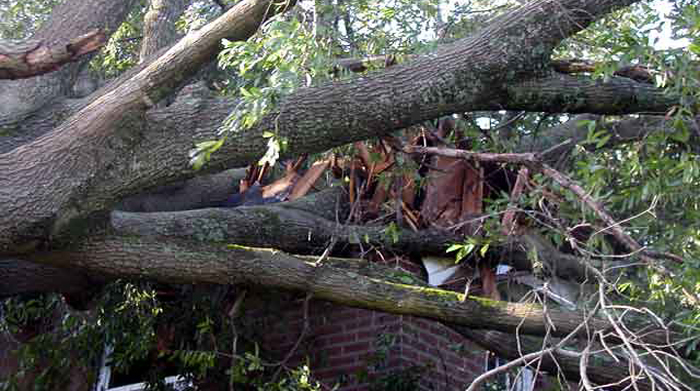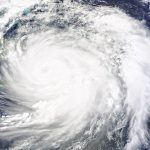Report Outlines the Economic Benefits of Investing in Climate Resilience

Image courtesy of Bill Murray under Attribution 2.0 Generic License, resized to 700 x 391 pixels.
A new research paper developed by the U.S. Chamber of Commerce and Allstate (among others) has quantified the economic benefit of investing in climate resilience. Specifically, every dollar invested generates an economic benefit of $13 in terms of reduced damages and cleanup activities. Let’s take a deeper look at the numbers.
How Climate Resilience Spending Pays Off
The study was created because this really is a high-stakes game. The U.S. averages 10 natural disasters causing $1 billion or more worth of damage each year. And it’s likely that this average will continue to trend up over time. Communities do not have unlimited resources, and therefore, it is absolutely critical to make sure that any preparedness spending is done in an effective and efficient manner.
The $13 is the combination of two parts: $7 in the form of reduced post-event economic costs, and $6 in the form of damage avoidance and reduced cleanup costs. The economic benefits derive from things such as preserving jobs/income, maintaining production, and reducing the need to displace residents.
To come up with these assumptions, the researchers modeled 25 disaster scenarios with damage and cleanup costs ranging from $1 billion to $130 billion. The results indicate that money spent on disaster preparedness is much more effective at reducing the cost of natural disasters than money spent on disaster recovery.
From a utility emergency preparedness standpoint, this same principle holds true. Every dollar must be spent wisely, which means a lot of time must be dedicated to long-term planning. Simply put, without a long-term plan for continuous improvement, an emergency plan cannot be optimal. It’s important to plan for the plan, so to speak.
In the final analysis, whether we’re talking about community investments in climate resilience, or utility investments in emergency preparedness, the same principles and philosophies apply. The worst thing you can do from a preparedness perspective is to be penny wise and pound foolish.



